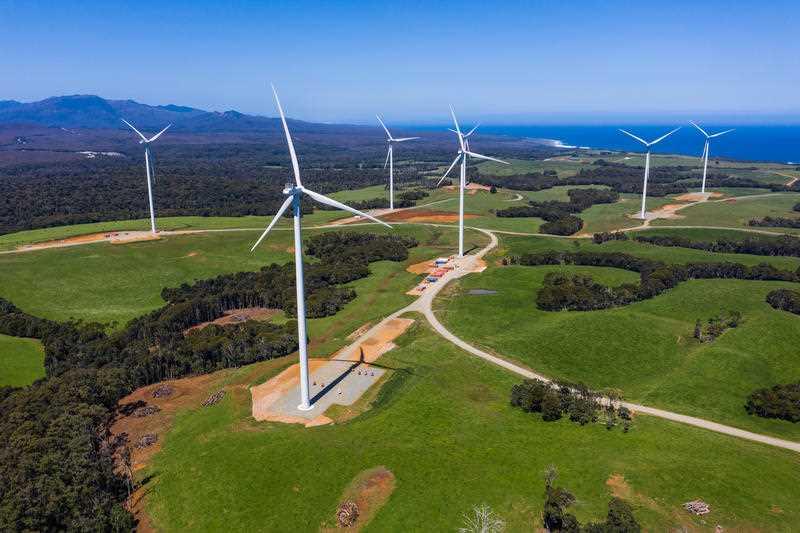The president of a Victorian community group says a recent court decision that refused his group leave to appeal a planning permit extension for a wind farm in his township doesn’t change his or his group’s position on the issue.
“We have been doing an uphill battle over a number of years, trying to ensure that we get the best possible outcome for the town [of Hawkesdale],” John Bos, president of the People of the Small Town of Hawkesdale Incorporated, told The Epoch Times during a phone call on Aug. 19—a day after an unsuccessful appeal in the Victorian Court of Appeal.





